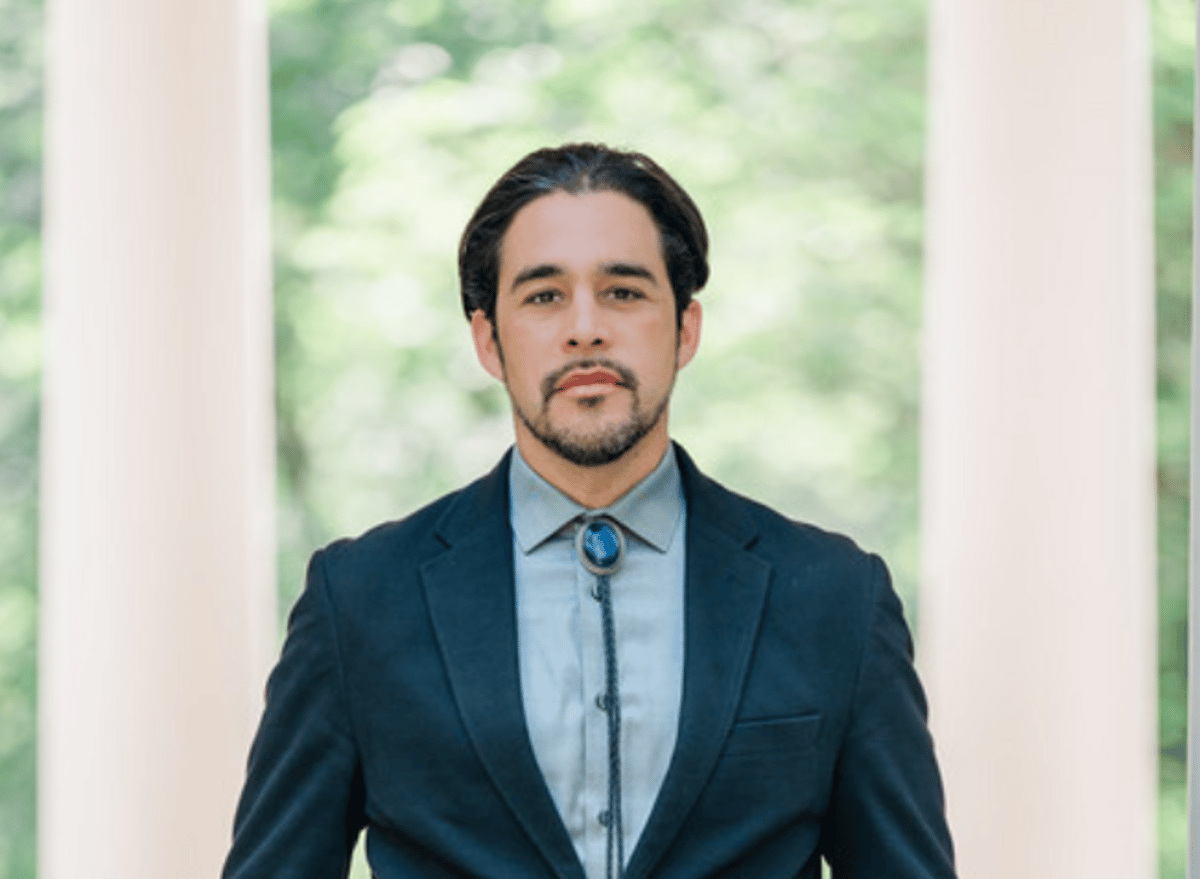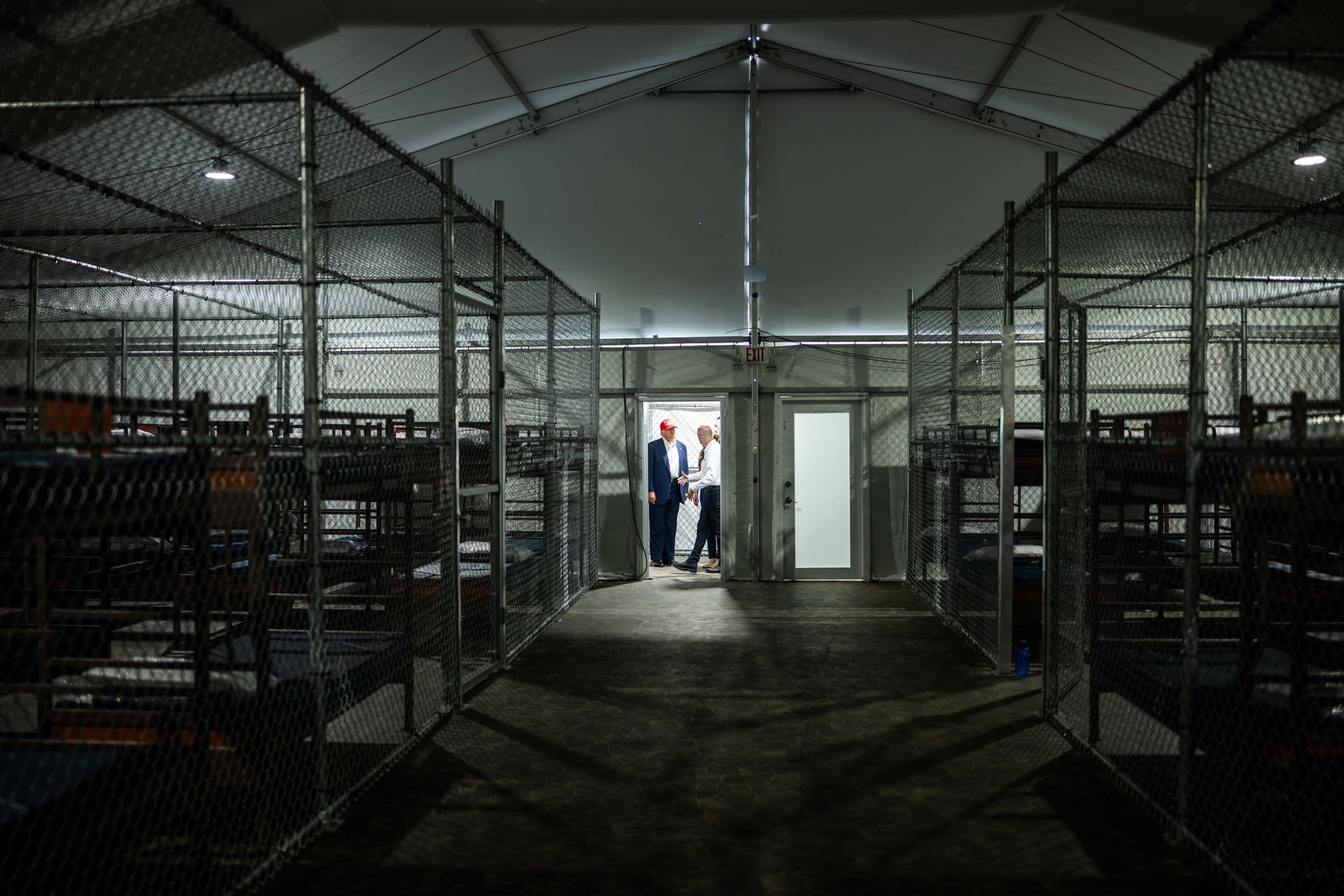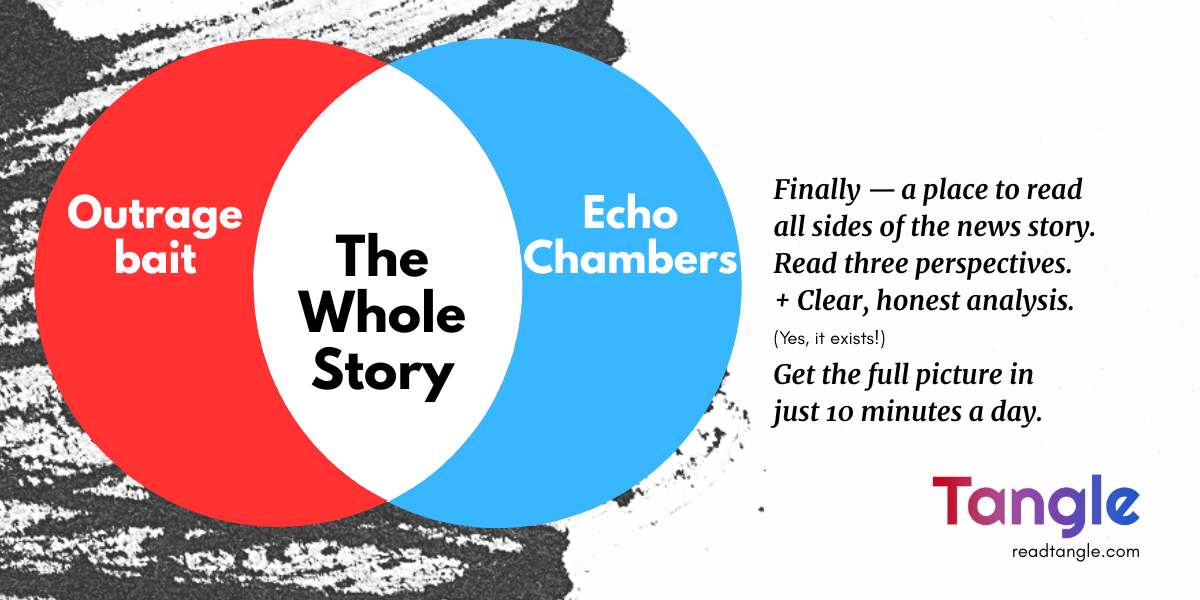Earlier on Wednesday, news broke out that Alligator Alcatraz might be emptied of immigration detainees in the coming days.
As we ponder the fallout of this latest administrative decision, the legal and humanitarian debates around such state-run immigration detention centers rage on. From its opening two months ago, Alligator Alcatraz has proven to be a physical manifestation of this administration's propensity to act fast without a fully formed vision.
Since our previous piece, Resource Panic and Alligator Alcatraz, came out last month, it seems like immigration crackdown headlines have been downgraded from the top of people’s feeds.
Despite the recent news of its imminent closure, as news cycles have come and gone, the still infamous Alligator Alcatraz detention project remains shrouded in uncertainty. Meanwhile, activists, concerned officials, and the general public have managed to get only a slow trickle of court updates that relegate the national debate about similar facilities to a disjointed set of rulings about whose jurisdiction such places actually may fall under once they are up and running.
For those remaining observant regardless of dwindling coverage, crucial questions remain unchanged:
Is the activism working?
Is there meaningful infighting or logistical collapse behind the scenes, or is everything hurtling forward exactly as planned toward the largest mass deportation effort in recent history?
In recent weeks, activists have claimed both hopeful and confusing victories. National arrest numbers have dipped, and advocates cautiously hope their pressure is part of the reason. Yet, the announcement of new hastily conceived detention facilities persists at the state level, and the most famous one, Alligator Alcatraz, grinds on — for now. Meanwhile, the people advocating against it grow increasingly exhausted, confused, and emotionally drained.
Are the Adults Actually Home Here?
Alligator Alcatraz is a jurisdictional ghost story: designed to be “transitory,” branded in bureaucratic limbo, with costs as elusive as its legal footing. Plans for follow-up facilities have brought out not moral awakening, but objections from major corporate partners uneasy about the publicity and the bad press that could tank their profits.
Officials say this leanness is pragmatic. Department of Homeland Security Kristi Noem’s assurance that we likely won’t need all this in 15 years is somehow the closest the public discourse has come to a human-centered vision. What this truly means is anyone’s guess. Is there a loyalty test going on between the administration and the prison lobby? Is there a convoluted new funding pipeline meant to line as many pockets as it can while appearing as lean as possible in states’ expenditures, awaiting federal funds?
There is also the very likely scenario at play that so many Americans dealing with clueless management know all too well: no one may know the answers to any of these questions, there is no plan, and the hot potato is being passed around.
Remarkably, in the swirl of confounding and disturbingly vague legal decisions, the successful injunction that halted construction on the detention center emerged from a case brought by environmental groups and Miccosukee leadership.
This is an enormous victory, especially considering that Trump’s administration fully overlooked Miccosukee and Seminole communities living around the area of Alligator Alcatraz when he famously referred to the 60 miles of swamp around the appropriated land: a major oversight of Indigenous communities, followed by a major victory thanks to the efforts of Indigenous activists.
But as we celebrate this victory, it is essential to confront the fact that the administration is forcing us to choose: is this issue about the environment or is it about human rights? That in no way minimizes the victory of activist coalitions formed around the protection of the environment and Indigenous land.
But two questions are essential here: Are we again hoping that minorities fix problems mainstream society can’t fix? And how long until Indigenous land as a whole becomes itself an explosive front in the culture wars over immigrant detention centers, mirroring paradigms of environmental protections and Indigenous land rights with which Latin Americans are very familiar?
Empathy Fatigue
One of the few things we can know for sure about Alligator Alcatraz is that reports of maggots in detainee food, confusion about detainees’ whereabouts, and lack of medical attention barely register in the overall public consciousness.
For some people, this indifference could very well extend from the fact that they never cared about immigrants, never saw them as human, and were perhaps even cheering on the sidelines. Now, they don’t even have to pretend to be outraged. But for most people, empathy fatigue is likely precisely what it sounds like: we care, but the human mind has its limits.
As weeks and months transpire, we must prevent empathy fatigue from snowballing into hopelessness that not enough people are moved to action over the strategy and implementation of these loosely defined state-run detention centers. Yes, the end goal remains the pursuit and defense of human rights. But we're going to need to tangle with the weeds of legal and political chaos being created by the bullish and oftentimes purposely inchoate implementation of the logistics of deportation in this administration.
As we advocate for the legally afforded rights of detainees and their families, we must continually foreground that the right’s “common good” narrative falls well short of materializing around such human rights transgressions.
About the Authors
Dr. Mari A. Stanev is a Visiting Assistant Professor of English at Albion College in Michigan and staff member of the Carceral State Project at the University of Michigan, Ann Arbor, who specializes in the influence of Latin American colonial history on contemporary literature and culture.
Dr. William D. Lopez is a Clinical Associate Professor in Health Behavior & Health Equity and Project Lead with the Carceral State Project at the University of Michigan, Ann Arbor. He is the author of Raiding the Heartland: An American Story of Deportation and Resistance and a Board Member of The Latino Newsletter.
Editor’s Note: For more about our editorial independence policy, click here.
What We’re Reading
Trying to Collect: From The Independent, “Immigrants have been racking up as much as $1,000 a day in fines if they disregard orders to deport, totaling more than $6 billion that the Trump administration now intends to collect.”
Debt Deal Terminated: From the Associated Press, “A plan to restructure more than $9 billion in debt held by Puerto Rico’s ailing power company hit a big snag this week after a group of bondholders terminated their deal with a federal control board overseeing the U.S. territory’s finances.”
And now a word from our newsletter sponsor for the day.
Most political news lives in the extremes.
It’s either rage bait meant to rile you up, or echo chambers that only reinforce what you already believe. The result? More division, less understanding — and a lot of burnout.
We give you the full story on one major political issue a day, broken down with arguments from the left, right, and center — plus clear, independent analysis. No spin. No shouting. No bias disguised as truth.
In just 10 minutes a day, you’ll actually understand what’s happening — and how all sides see it.
Join 400,000+ readers who are skipping the noise and getting the full picture.
The Latino Newsletter welcomes opinion pieces in English and/or Spanish from community voices. Submission guidelines are here. The views expressed by outside opinion contributors do not necessarily reflect the editorial views of this outlet or its employees.






